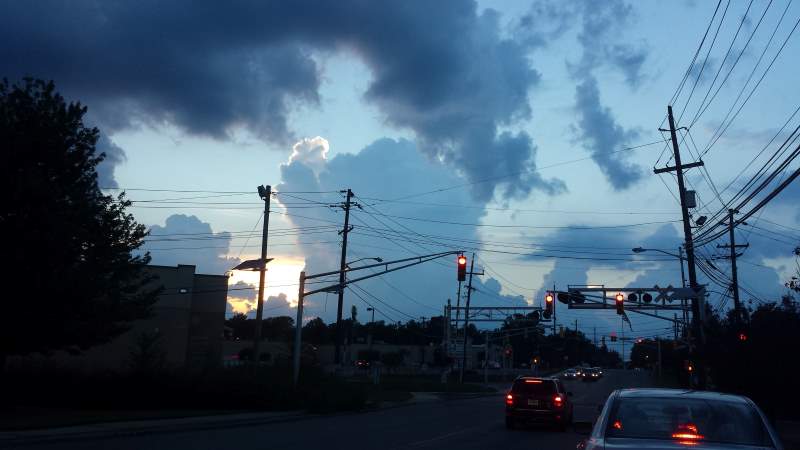Explaining Energy to a Child
Energy can be thought of as the magical force that makes things happen. When you run, jump, or play, you're using energy to move and have fun. It's like the hidden spark that brings everything to life!

An In-depth Look at Energy
Energy is a fundamental concept in physics, describing the ability of a physical system to perform work. It manifests in various forms, including:
- Kinetic Energy: This is the energy associated with motion. When you ride a bike or throw a ball, you're experiencing kinetic energy in action.
- Potential Energy: Stored energy awaiting release. Think of holding a toy high above the ground before letting it fall or a wound-up toy ready to spring into action.
- Thermal Energy: The warmth that surrounds us, whether it's from the sun's rays or a crackling fire.
- Chemical Energy: Locked within the bonds of molecules, it's released when we eat food, providing the fuel our bodies need.
- Light Energy: Illuminating our world, from the glow of a flashlight to the radiance of the sun.
- Electrical Energy: Powering our devices and appliances, flowing through wires to light up our homes and entertain us.
These forms of energy are integral to understanding the workings of the universe, from the smallest atoms to the vast cosmos.
Contemplating Life's Energy
The notion of "life energy" may differ across cultures and philosophies. Some traditions, such as certain spiritual or holistic practices, speak of a vital force animating living beings. Concepts like "qi" in Chinese medicine or "prana" in Hindu philosophy illustrate this idea.
From a scientific standpoint, life relies on a combination of energies. Chemical energy from food fuels our bodies, electrical impulses power our nervous system, and thermal energy sustains our metabolism. While there's no singular "life energy," the synergy of these forces keeps us alive and thriving.
